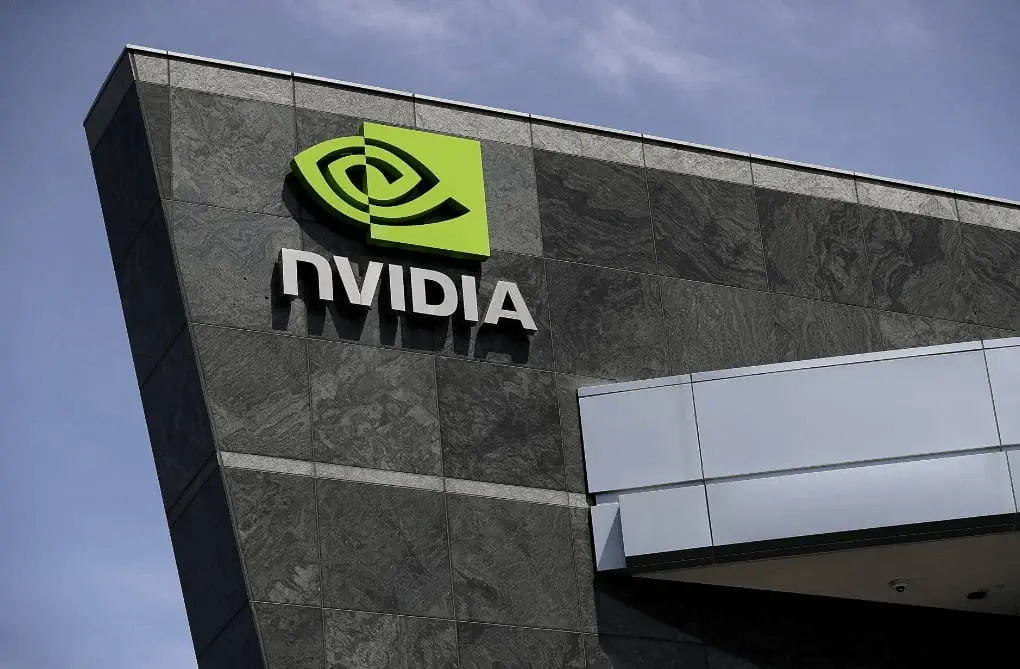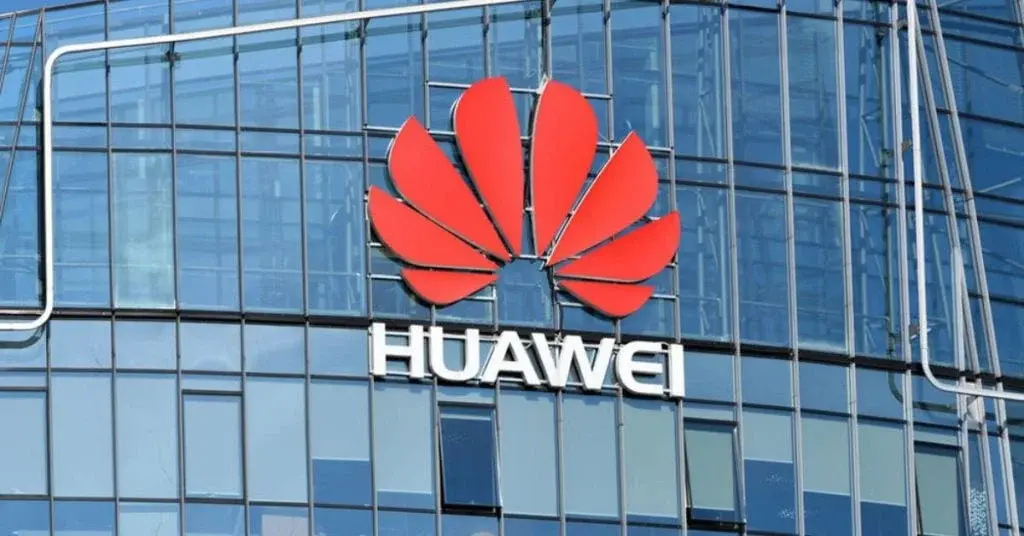According to a recent report from The Information, Microsoft and OpenAI are in discussions for a collaborative data center project that could amount to an estimated $100 billion. This initiative aims to introduce a groundbreaking artificial intelligence supercomputer known as "Stargate" by the year 2028.
Microsoft and OpenAI's Joint Data Center Project
This ambitious undertaking reflects the escalating demand for AI data centers capable of managing increasingly intricate tasks, largely driven by the emergence of generative AI technology.
Microsoft is anticipated to take on the primary financial responsibility for this venture, with projections suggesting that the project's budget will be a hundredfold greater than current data center operations.
Key Phases of the Stargate Supercomputer Initiative
The envisioned supercomputer, situated in the United States, will serve as the focal point of a comprehensive six-year initiative, segmented into five distinct phases. The deployment of Stargate is envisioned as the final phase, following Microsoft's ongoing development of a smaller supercomputer for OpenAI, set for unveiling in 2026.
The acquisition of specialized AI chips is slated to be a substantial expense during the latter stages of the project, with estimates indicating a price range of $30,000 to $40,000 per chip, as highlighted by Nvidia CEO Jensen Huang.
Financial Projections and Technological Advancements
Microsoft's commitment to enhancing AI capabilities is exemplified through its creation of bespoke computing chips. The new data center project is designed to integrate chips from diverse suppliers, as detailed in the report.
The estimated expenditures for the project could potentially exceed $115 billion, surpassing Microsoft's previous year's capital investment in infrastructure by a significant margin.
Recently, OpenAI CEO Sam Altman unveiled details about the forthcoming GPT-5 model during the World Government Summit in Dubai, revealing its anticipated advancements surpassing prior iterations. GPT-5 is poised to represent a substantial leap in AI capabilities, with early demonstrations showcasing its proficiency in deciphering ancient languages. It is expected to feature functionalities such as image generation through DALL-E and video generation via Sora, with a tentative rollout projected for 2024.



